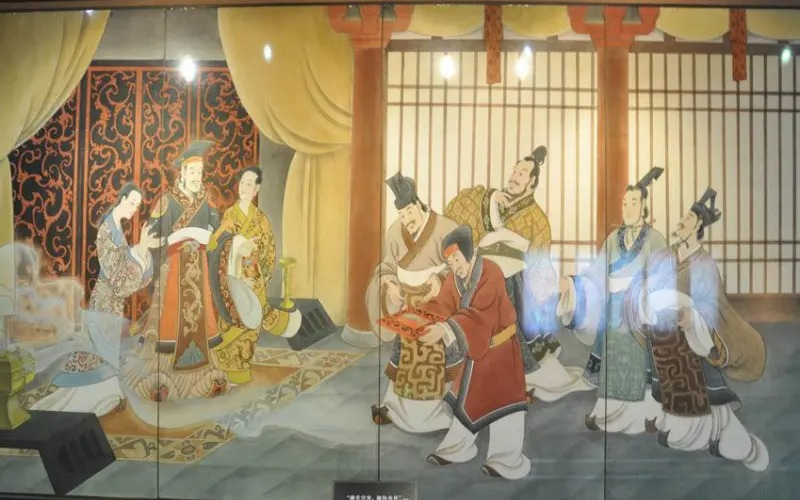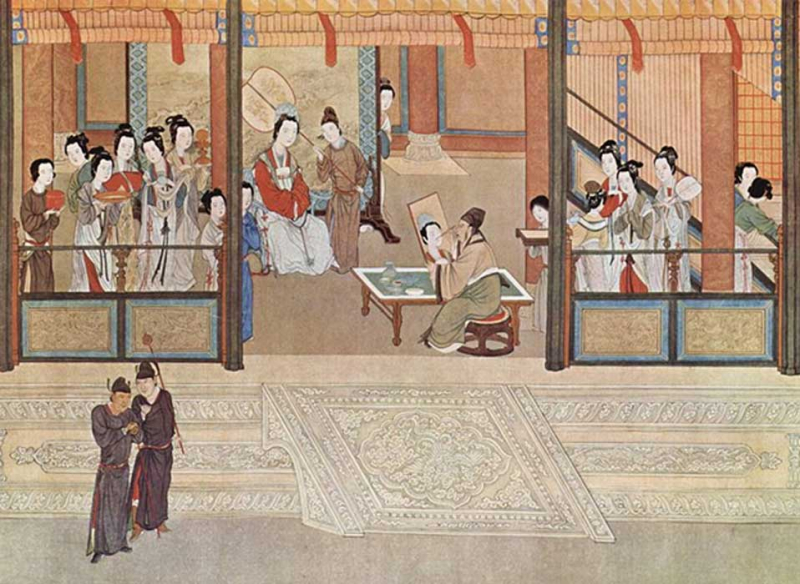Establishing Han Rule
In 202 BC, the Han Dynasty under Liu Bang crushed Xiang Yu, a prominent warlord, and after the death of Qin Shi Huang in 210 BC, established Han rule. So, establishing Han Rule is one of the most important events in ancient China. This is a brilliant age and has come to determine the national character. The Han dynasty was governed by an autocracy (government by one) centered on the position of the emperor and supported by an impressive structure of imperial government. The emperor sat atop the hierarchy and ruled through decrees declaring his will.
Considered from the point of view of world history, the event establishing Han Rule, the Han dynasty ruled as one of the greatest works of antiquity. In terms of durability, population size, quality of government, and level of cultural sophistication, it is at least comparable to any other great nation of the ancient world, including the Roman Empire, Persia, and Mauryan. Furthermore, it can boast a more direct influence on today's world than any other. This is best illustrated in the fact that the modern Chinese designated themselves "Han" after this ancient dynasty, which was the first to truly weave them together into a unified and enduring nation. The Han dynasty came to power in 202 BC, ending the chaos that accompanied the downfall of the Qin dynasty. The Han emperors ruled China for over 400 years, except for a brief period between 9 and 23 CE, when a powerful minister, Wang Mang, seized the throne.












